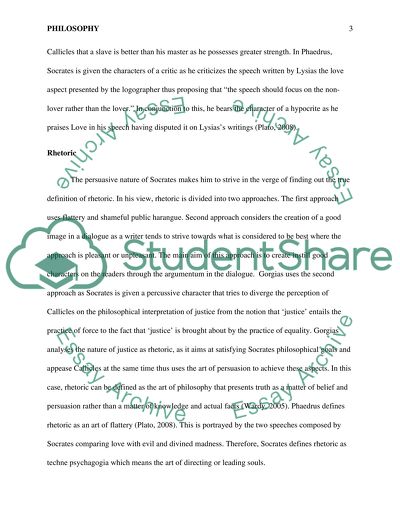Cite this document
(“Gorgias - Phaedrus Essay Example | Topics and Well Written Essays - 1250 words”, n.d.)
Gorgias - Phaedrus Essay Example | Topics and Well Written Essays - 1250 words. Retrieved from https://studentshare.org/philosophy/1630785-gorgias-phaedrus
Gorgias - Phaedrus Essay Example | Topics and Well Written Essays - 1250 words. Retrieved from https://studentshare.org/philosophy/1630785-gorgias-phaedrus
(Gorgias - Phaedrus Essay Example | Topics and Well Written Essays - 1250 Words)
Gorgias - Phaedrus Essay Example | Topics and Well Written Essays - 1250 Words. https://studentshare.org/philosophy/1630785-gorgias-phaedrus.
Gorgias - Phaedrus Essay Example | Topics and Well Written Essays - 1250 Words. https://studentshare.org/philosophy/1630785-gorgias-phaedrus.
“Gorgias - Phaedrus Essay Example | Topics and Well Written Essays - 1250 Words”, n.d. https://studentshare.org/philosophy/1630785-gorgias-phaedrus.


